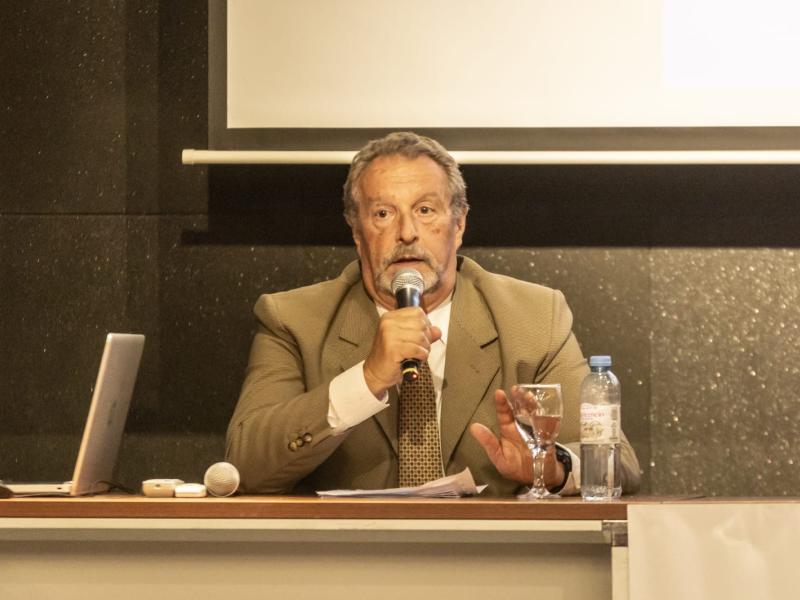The Transport Workers’ Union of America (TWU) recently secured a first-of-its kind contract with the Central Ohio Transit Authority, giving the union veto power over the deployment of autonomous vehicles.
The contract explicitly establishes bus operators and mechanics cannot be laid off, or have their wages reduced, because of new or modified technology, boosting the standard for negotiations involving automation.
The progressive collective bargaining agreement is part of TWU’s national strategy against job killing technology, and will serve as a template for the union as it negotiates similar new contracts in cities across the United States.
TWU has 37 transit locals and represents bus operators in Houston, Miami, Philadelphia, NYC, Akron, Ann Arbor, Omaha, San Francisco, Winston-Salem, and other cities.
TWU International President John Samuelsen said: “Big tech and its profit monger investors are aggressively trying to foist an ugly future on us where everything is automated, including mass transit. We will always fight to protect transit worker jobs – and the safety of the riding public.”
Bus operators serve many functions beyond driving. If automation and digitisation is being used to remove staff from passenger-carrying transport, it could potentially put passengers at greater risk – particularly in an emergency.
TWU International Administrative Vice President Curtis Tate said: “Bus operators have spotted lost children and reunited them with parents, performed life-saving CPR, alerted first-responders to crimes in progress, aided pregnant women going into labour, helped disorientated and confused senior citizens, and more. You name a situation. They’ve seen it and helped. You just can’t adequately replace the human presence in mass transit.”
ITF’s Urban Transport Director and lead of ‘Our Public Transport’ programme, Alana Dave, said such rash automation decisions, without proper consultation with unions, completely undermines the ‘social function’ of drivers and public transport staff.
“Automation drives, and the replacement of essential personal absolutely ignores, the social function of drivers. This is a severe safety issue for passengers, but it’s also a question whether we want to move towards an even more atomised society. The introduction of automated vehicles is a financial and social choice and it’s good that TWU and Central Ohio Transit Authority have made this agreement because it puts people first, and ensures a social and democratic say over greater introduction of technology in the future,” said Dave.
“The ITF has come across consistent demands from workers, passengers and the overall public for maintaining human points of contact. Automation has often led to loss of jobs, along with lowering the quality of public transport delivered. Safety is a major concern – from potential crashes, to safety from assaults” stressed Dave.
The impact of automation on women also remains a serious concern, with the ITF pointing to research highlighting the perceived safety risk on automated vehicles for women.
A push for automation, despite promising lower operational costs down the line, means expensive digital infrastructure, putting even greater pressure on public transport funding. Public transport authorities remain strapped for cash, and despite the promises that this will eventually lower overall operation cost, AV systems are very expensive, which puts even more pressure on public transport funding. This is already being seen with electric buses.
The ITF has previously raised concerns about the control of transport services being handed over to tech companies unaccountable at city level, and the challenge this poses for countries in the Global South.
The TWU contract highlights the importance of negotiating the introduction of new technologies to maintain decent working conditions.



